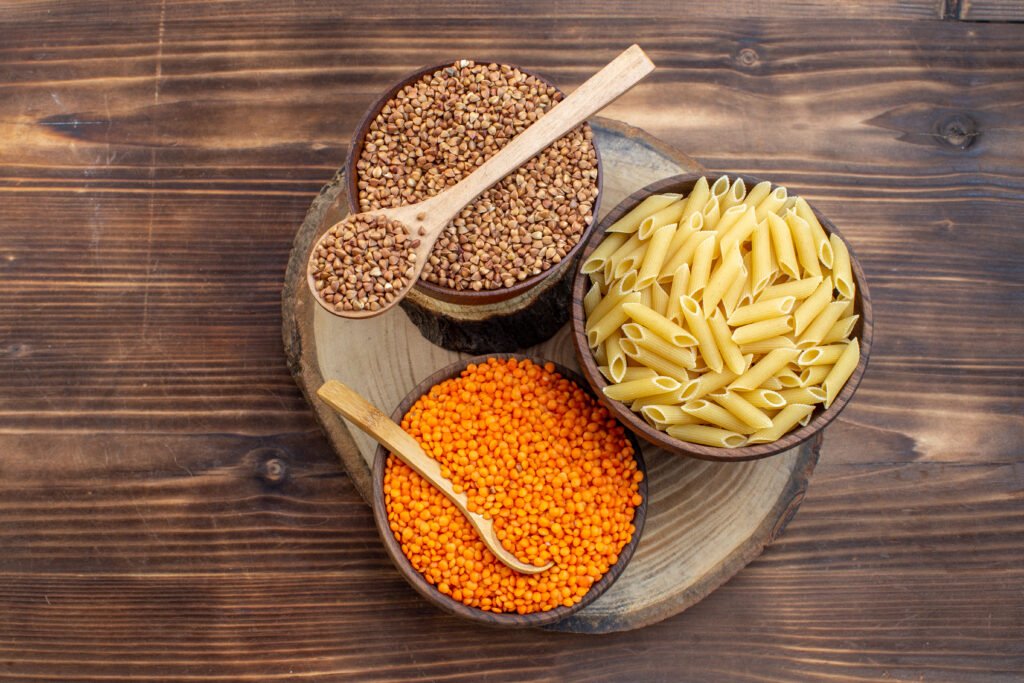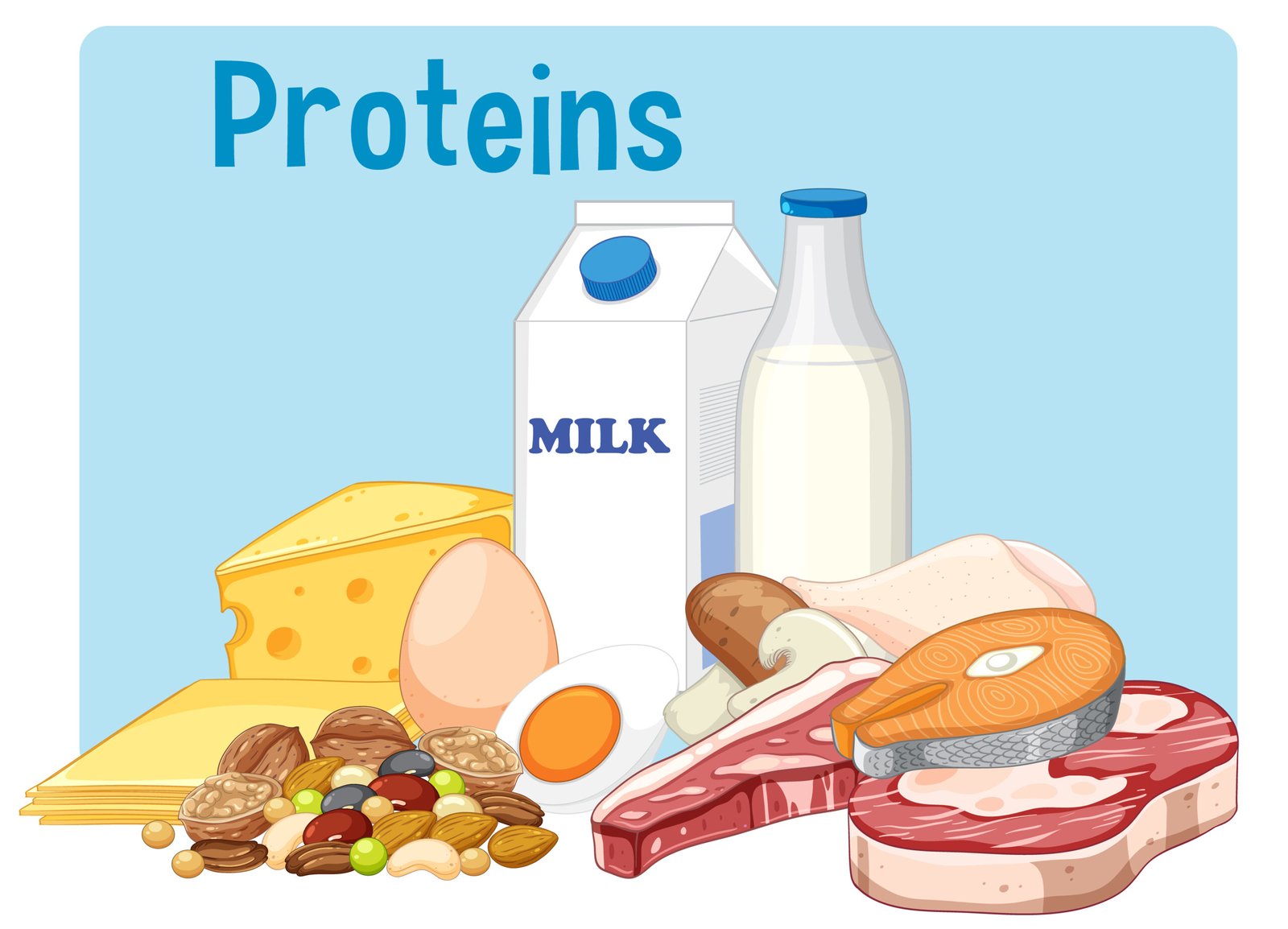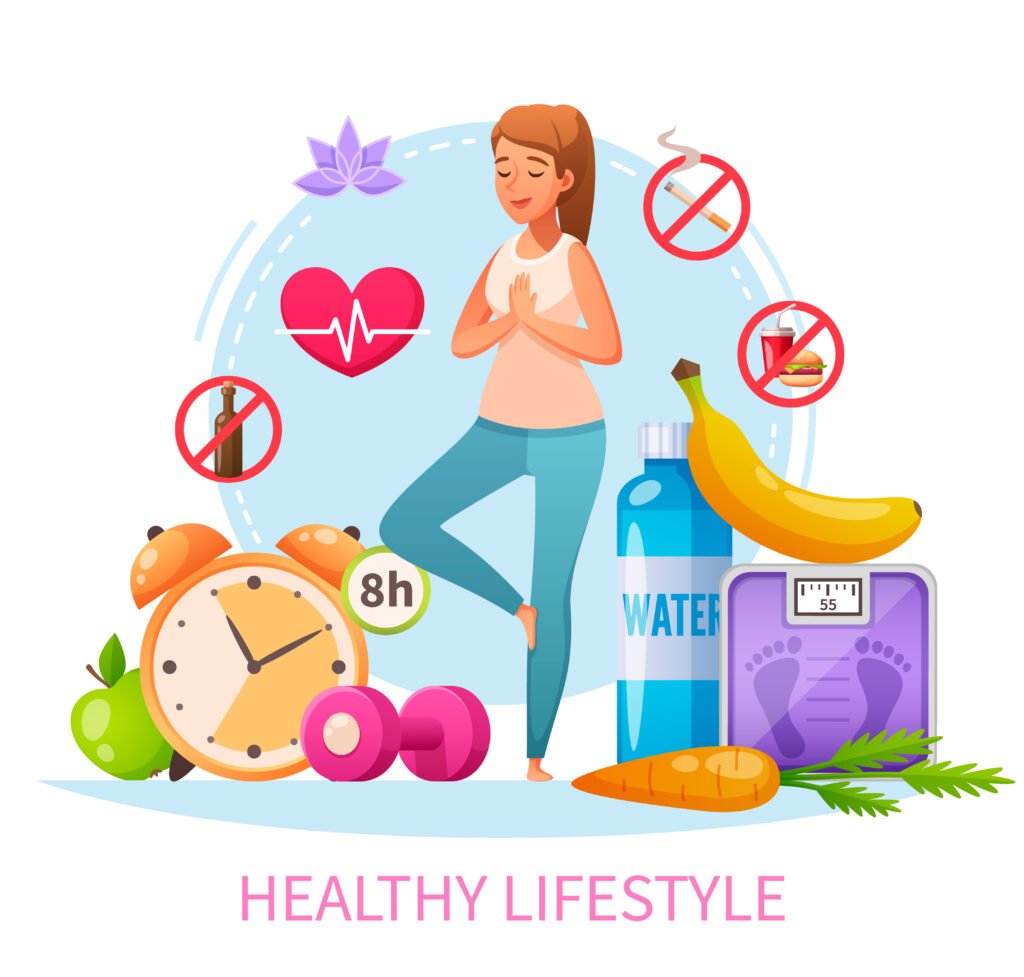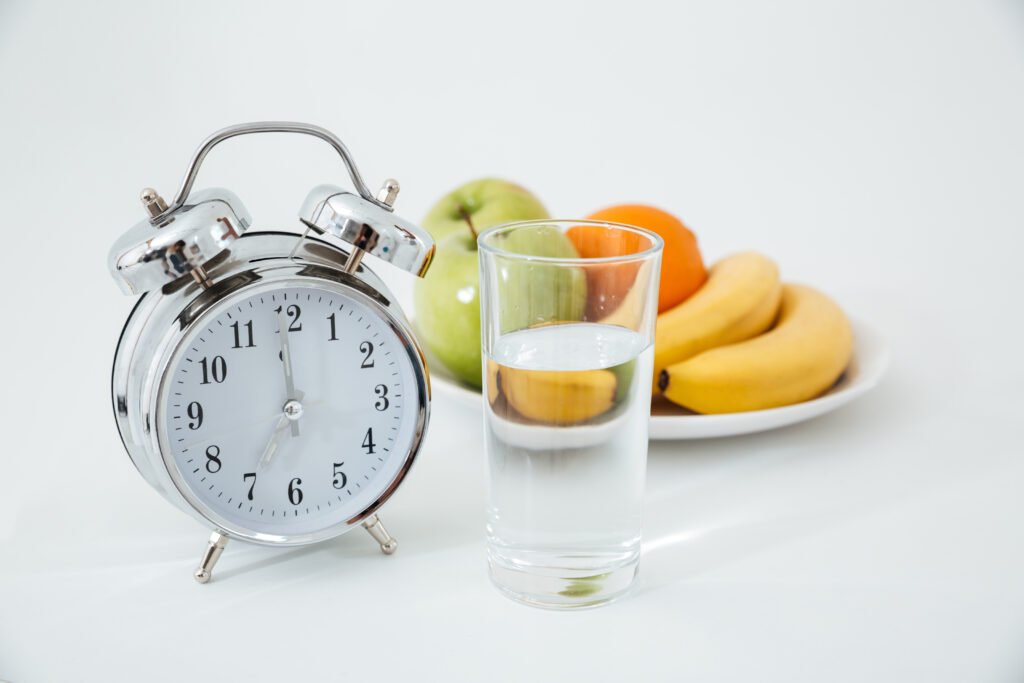These eight practical tips lay a solid foundation for healthy eating and can help you make smarter food choices every day.
At the heart of a balanced diet is understanding your body’s energy needs. It’s important to eat the right amount of calories based on how active you are, essentially making sure the energy you take in matches the energy you burn. If you consistently consume more calories than your body needs, the excess is stored as fat, leading to weight gain. On the other hand, eating too little can result in unwanted weight loss and a lack of essential nutrients. A healthy diet also means variety. Eating a wide range of foods ensures your body gets the full spectrum of vitamins, minerals, and nutrients it needs to stay strong and function well.
As a general guideline, men should aim for about 2,500 calories per day, while women typically need around 2,000. However, many adults in the UK are consuming more calories than necessary, so reducing calorie intake, especially from processed or high-sugar foods, can be a positive step toward better health.
1. Fill Half Your Plate with Fruits and Vegetables

Fruits and veggies are rich in essential vitamins, minerals, antioxidants, and fiber. Try to make them the foundation of every meal. Opt for a variety of colors and types to maximize nutritional value, think leafy greens, bright berries, orange carrots, and purple cabbage.
2. Make Wholegrains and High-Fibre Carbs the Heart of Your Meal

High-fibre starchy carbohydrates should be the cornerstone of your meals. Foods like whole wheat pasta, brown rice, oats, wholegrain bread, and potatoes with their skins are great sources. Unlike refined carbs, these provide a slower release of energy, helping you feel fuller for longer and reducing the urge to snack between meals. Fibre also supports healthy digestion and can lower the risk of heart disease, type 2 diabetes, and certain types of cancer. Aim to include at least one starchy food with each main meal and choose wholegrain or higher-fibre versions whenever possible.
3. Add More Fish to Your Diet – Especially Oily Ones

Fish is a fantastic source of high-quality protein and essential nutrients, including vitamins and minerals. Oily fish, like salmon, mackerel, sardines, and trout, are especially beneficial because they’re rich in omega-3 fatty acids, which support heart and brain health. Aim to eat at least two portions of fish a week, with one of them being oily. If you’re not a fan of strong flavours, try milder options like canned tuna (though note it’s not considered oily) or incorporate fish into curries, stews, or salads for a more subtle taste.
4. Stay Hydrated with Water

Water supports digestion, nutrient absorption, and overall health. Aim to drink at least 8 cups a day—or more if you’re active. Limit sugary beverages like soda and sweetened coffee drinks, which add extra calories without providing any nutrients
5. Limit Added Sugars and Salt

Excess sugar and sodium can contribute to various health issues, including high blood pressure, diabetes, and heart disease. Read food labels and try to reduce your intake of sugary drinks, candies, salty snacks, and processed foods.
6. Include Lean Proteins

Protein is essential for muscle repair, immune function, and keeping you full between meals. Choose lean options like chicken, turkey, fish, eggs, tofu, legumes, and low-fat dairy. Try to limit red meat and processed meats.
7. Stay Active and Maintain a Healthy Weight

Eating well is only part of the picture; staying active is just as important for your overall health. Regular physical activity helps you burn the energy you consume, maintain a healthy weight, and boost your mood and energy levels. You don’t need to hit the gym every day; even simple changes like walking more, taking the stairs, dancing, or doing short home workouts can make a big difference. Pairing regular movement with a balanced diet helps reduce the risk of long-term health issues like heart disease, type 2 diabetes, and some cancers. The key is consistency, find activities you enjoy and make them part of your daily routine.
8. Start Your Day Right—Don’t Skip Breakfast

Breakfast is one of the most important meals of the day. It kick-starts your metabolism, helps maintain steady energy levels, and can improve concentration and focus throughout the morning. Skipping breakfast might seem like a way to cut calories, but it often leads to snacking on less healthy options later on. A good breakfast doesn’t have to be complicated, think wholegrain toast with eggs, a bowl of oats with fruit, or yogurt with nuts and seeds. Choosing a balanced breakfast sets a positive tone for the rest of your day.
🧠 Remember: It’s About Balance
Healthy eating isn’t about being perfect all the time—it’s about creating habits that support your long-term well-being. Focus on progress, not perfection. Small changes, done consistently, can lead to big results.
